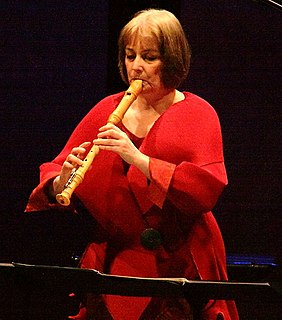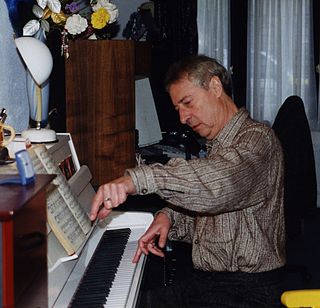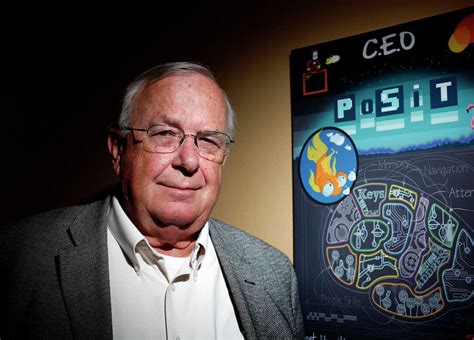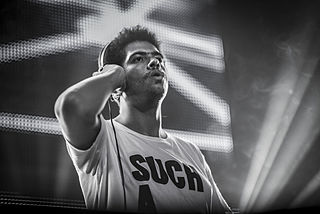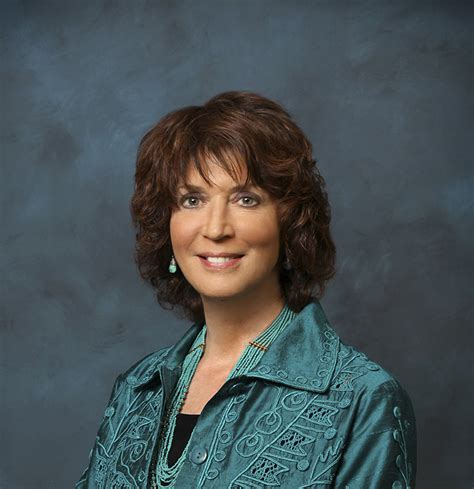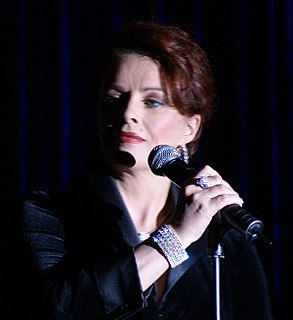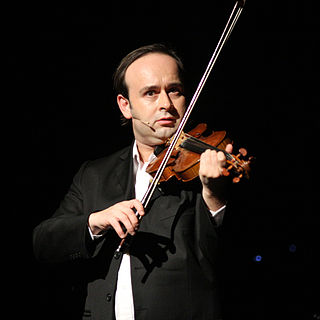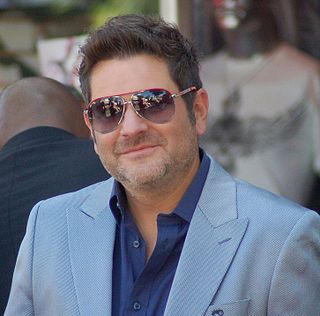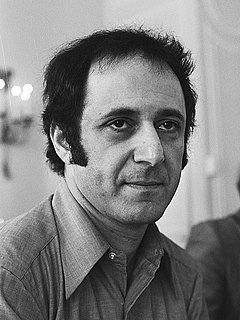A Quote by Michael Hersch
The musical culture in the United States has no doubt suffered severe setbacks, especially in funding, since the early 2000's. However, I've been amazed at the resiliency of those involved with contemporary music in this country. I think composers and those dedicated to contemporary music have reacted with tremendous creativity and resourcefulness.
Related Quotes
The Internet is just one of those things that contemporary humans can spend millions of "practice" events at, that the average human a thousand years ago had absolutely no exposure to. Our brains are massively remodeled by this exposure--but so, too, by reading, by television, by video games, by modern electronics, by contemporary music, by contemporary "tools," etc.
The whole point is to take from our native culture and from contemporary culture without using one art form to mimic the other, so that our native identity remains the native identity, the contemporary identity remains the contemporary identity, and the mixing of these two musical identities creates a third musical identity.
Composers are influenced by all the important music in their lives - and I suppose that since radio started playing popular music, that's as likely to be The Beatles or Aphex Twin as it is to be Verdi or Ravel. They'd be strange teenagers if they didn't. But cross-pollinating happens too - Aphex Twin did more interesting things with electronic music than most trained composers, who seemed to approach samplers with undue caution and reverence in those early days.
In some ways, it is difficult for contemporary composers to find an audience. Both men and women would love a culture that embraced and hungered for new music, as they did in the Classical period. I tell my students that they should just keep writing, write what pleases you, and don't worry about what people or critics may think about your music.
I'm from Louisiana, and that's where I got my start, in Cajun music. There's a huge music scene down there centered around our culture. Those are people that are not making music for a living. They are making music for the fun of it. And I think that's the best way I could have been introduced to music.

